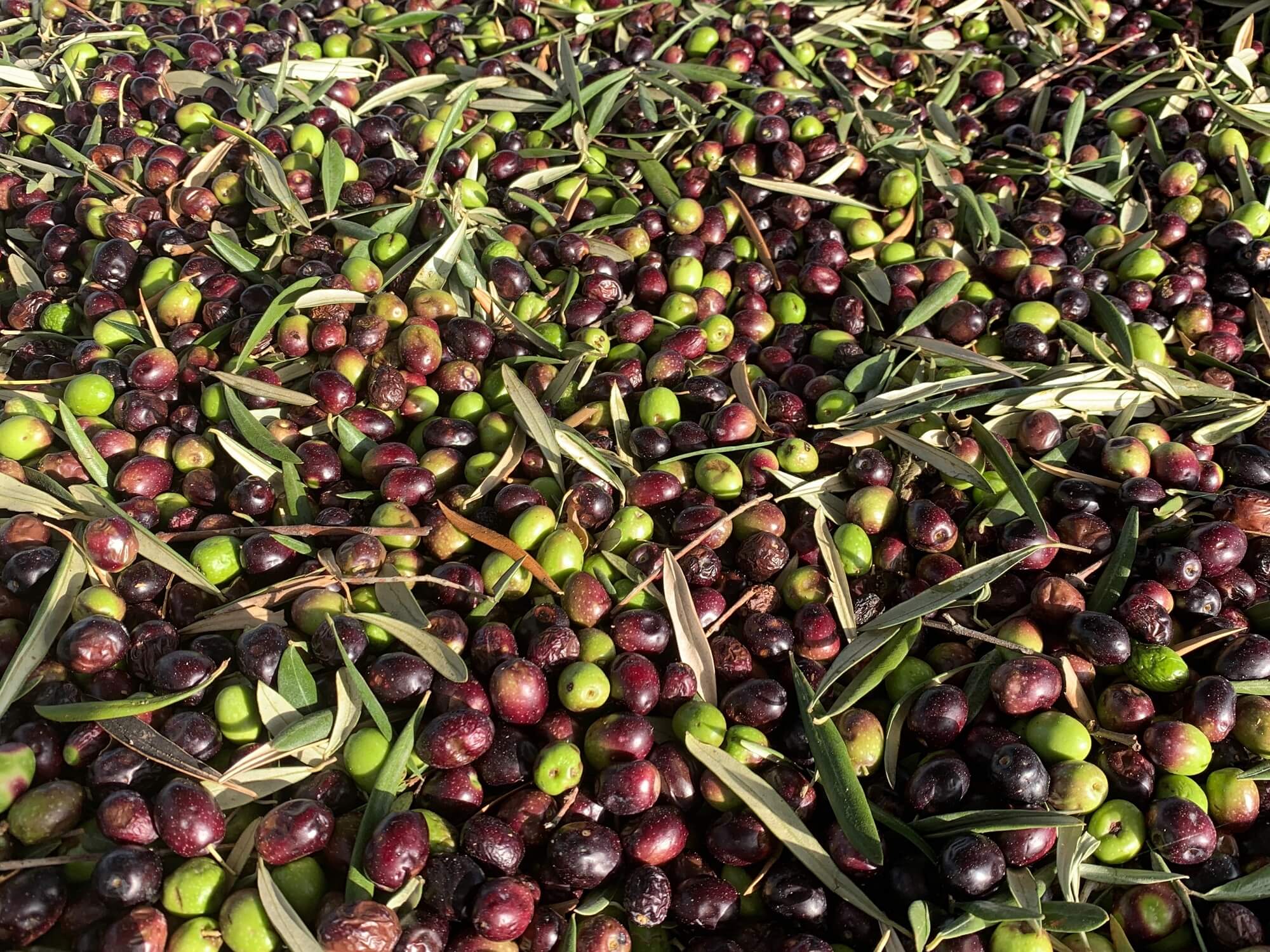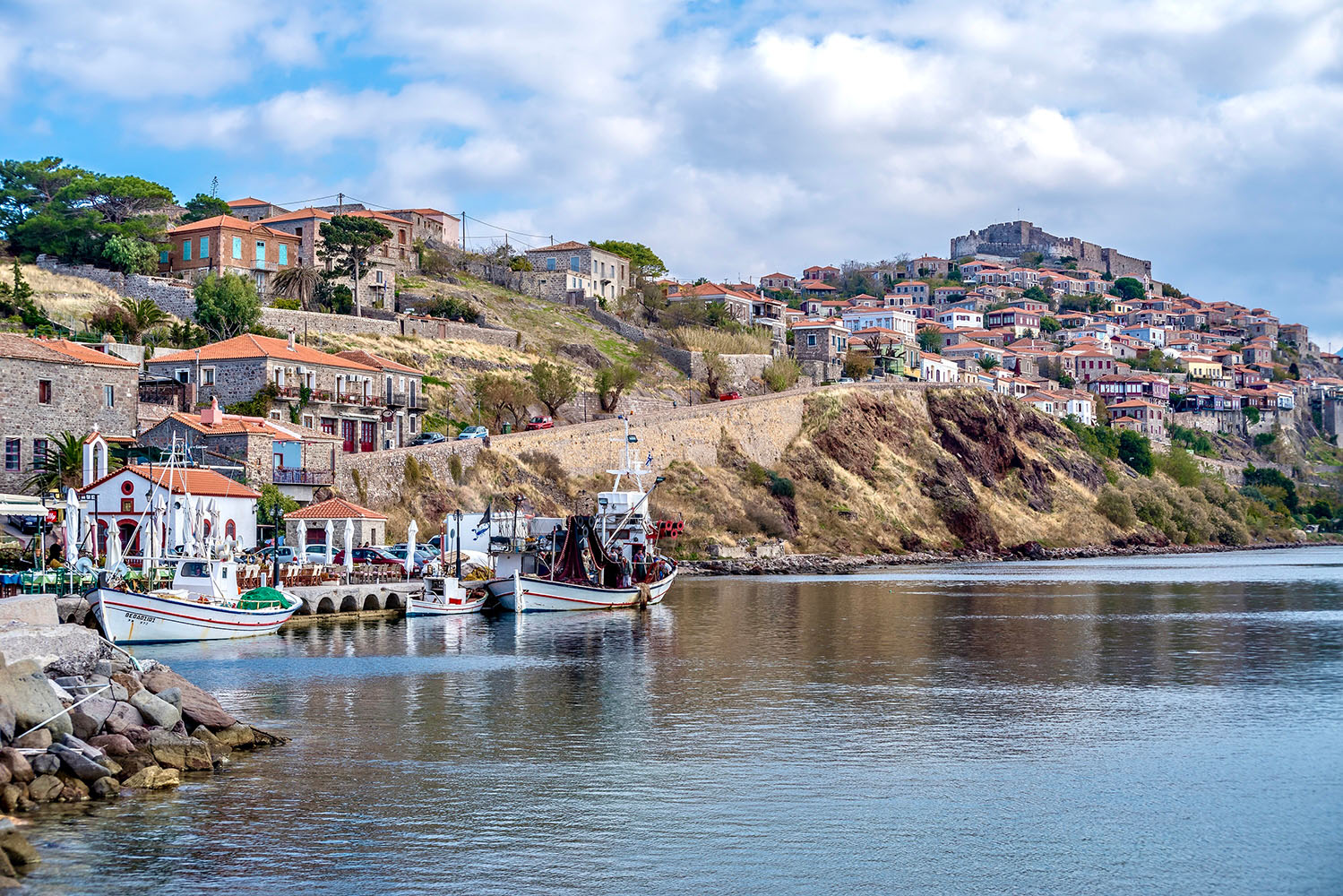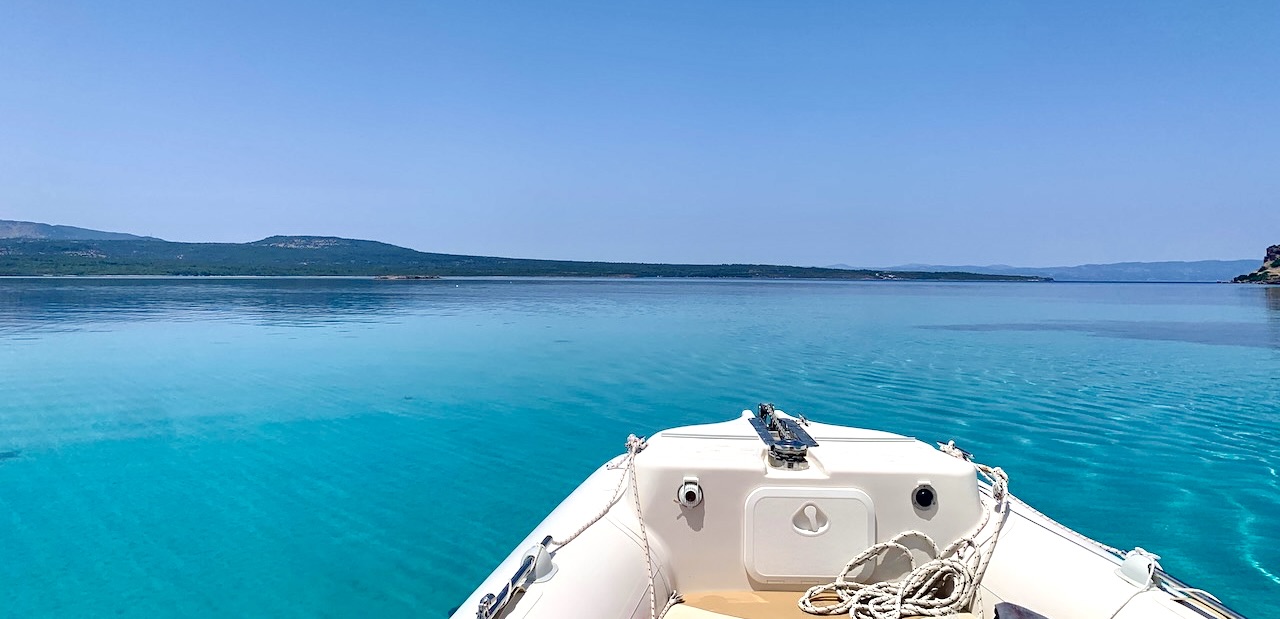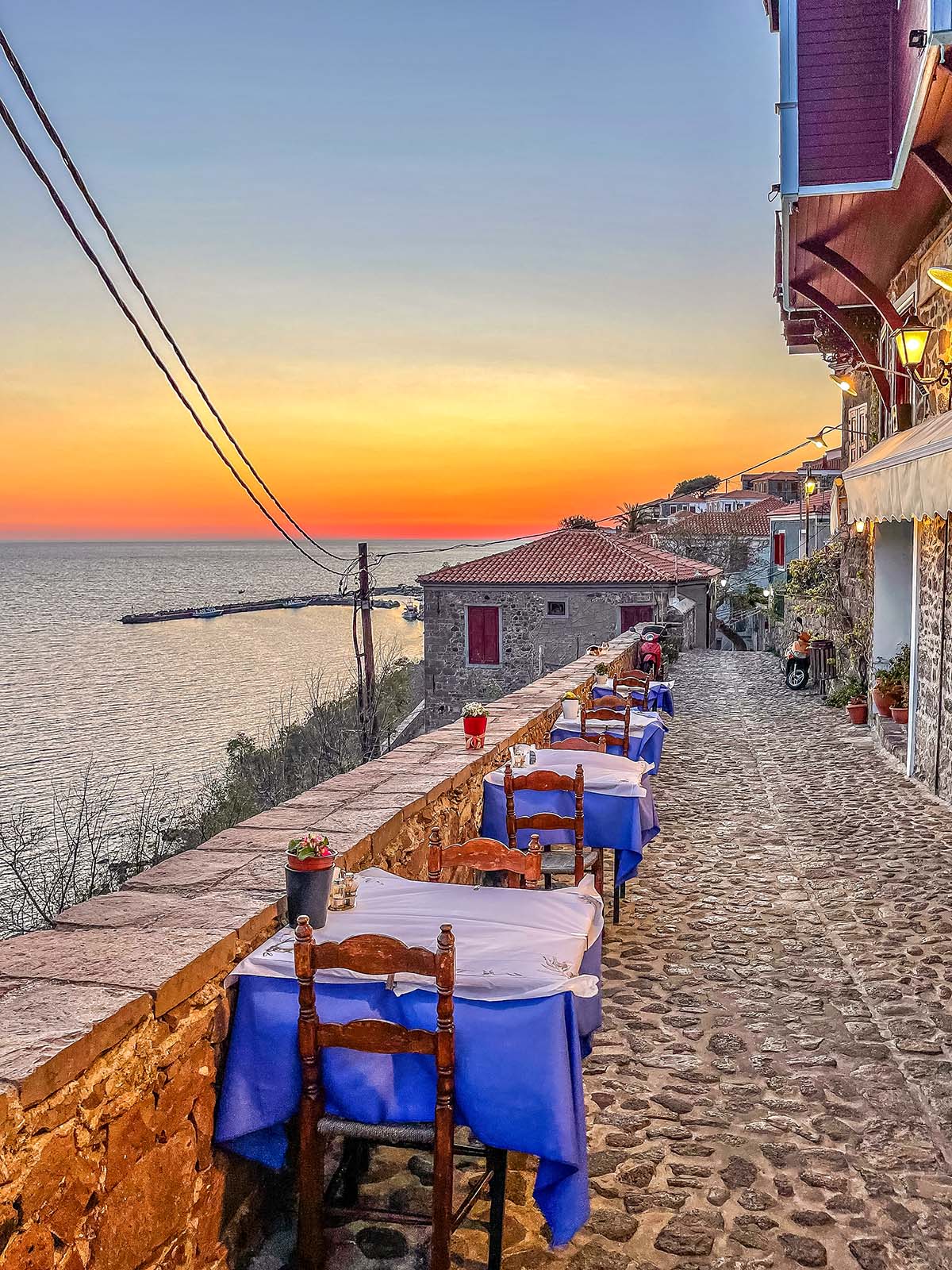Sample the delicious local extra virgin olive oil in Greece
Greek Olive Oil is famous across the world, for its taste, versatility and numerous health benefits. Its virtues have been extolled for centuries and it’s said that it was Homer who first referred to it as Liquid Gold! In this article, we will be explaining about olive oil production on the authentic Greek Island of Lesvos and inspiring you to visit and sample the taste!
Lesvos’ Connection To Greek Olive Oil
The authentic Greek island of Lesvos isn’t just famous for tourism and ouzo, but also as home to over 11 million olive trees. That’s around 122 trees per inhabitant, that’s by far the largest number of olive trees per capita in the world!
There are three varieties of olive tree on the island and this, combined with the climate and the soil quality, produce the supreme quality and distinctive flavour.
Lesvos premium olive oil particularly has a light texture and low acidity, a golden colour (from the low chlorophyll content) and a rich aroma.
Many studies have been done into the health benefits of olive oil, especially extra virgin olive oil, EVOO, which is highest in antioxidants and less processed. Olive oil is said to protect against heart disease as it controls bad cholesterol while raising good cholesterol. It also has strong anti-inflammatory effects and protects the digestive system.
The Creation of Olive Oil
Extra virgin olive oil is juice that comes from crushed olives. No chemicals are added and no industrial refining takes place. The best time to start the harvest is when the olives on the trees start to change colour from light green to dark green or black. This is usually around November on the island of Lesvos but depends on the weather that year.
The olives are harvested before rain and not when it’s raining and wet. Most olives are harvested by hand or by a method called assisted hand-picked. Nets are placed under trees and the branches are beaten with sticks so that the olives fall into the net.
Great care is taken not to crush the olives. They will often be transferred to the olive press the same day. Crushing them on the day they are harvested makes for the highest quality oil! The process needs to be done in a relatively cool place so olive presses are often found in dark, stone buildings.
No water is used as this would dilute the goodness! The olives are first washed, then crushed, and then the pulp is separated from the oil. The moment you see the best Greek olive oil flowing out from the press is a moment of pure joy!
Make sure you have some bread ready to dip in and sample this year’s harvest!
Why not visit Lesvos in November and take part in this wonderful, traditional process? Real Lesvos can help plan your stay. Get in touch today!













